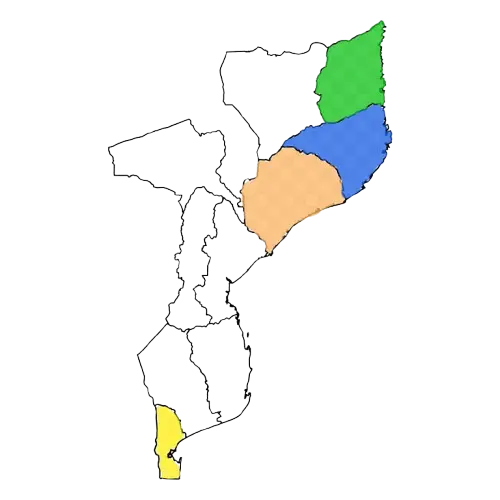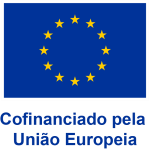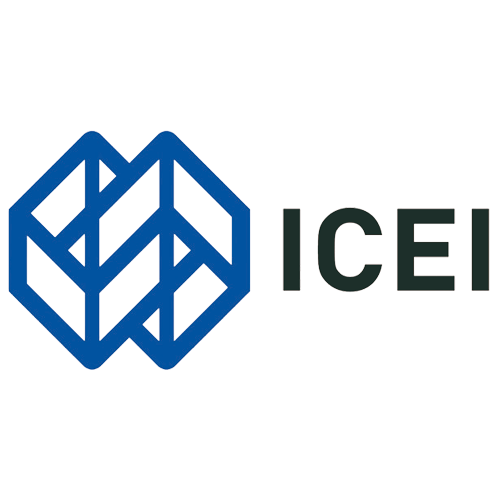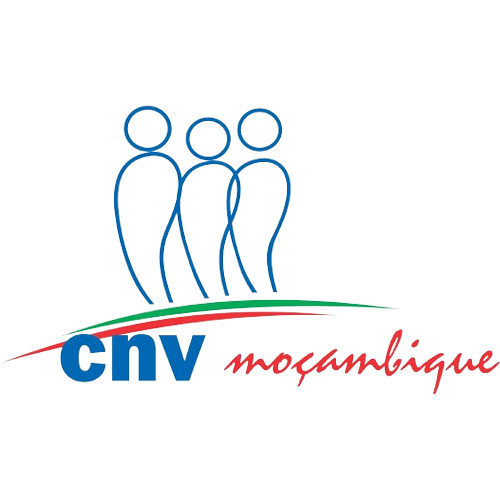Climate of Change: Path to creating and strengthening an environmentally conscious generation in Mozambique
The project will be implemented by a consortium of international and national organizations, consisting of WeWorld-GVC, Institute for International Economic Cooperation (ICEI), Centro Terra Viva (CTV) and the National Volunteer Council (CNV).
The intervention aims to develop the awareness of young people, civil society organizations, public authorities and citizens about climate change and its consequences, about their role and responsibility to act as agents of change and how to jointly improve the management of natural resources. in the provincial areas of Cabo Delgado, Nampula, Zambézia and Maputo.
Although Mozambique is exceptionally vulnerable to the effects of climate change, the population is largely unaware of what climate change means (Afrobarometer 2021).
To ensure that the population can be resilient to climate change, it is important that people understand the changing context in which they live.
Environmental education is clearly necessary, especially for people who have fewer opportunities and financial resources, who live in rural areas and have limited access to information.

The proposal aims to respond to the challenges posed by climate change and environmental problems at national level through consolidation of governance and raising awareness among the population to create a common environmental awareness.
Beneficiary Groups
Groups that are expected to benefit directly from the action will be
80
Mozambican Civil Society Organizations
50
Members of Public Authorities
300
.000Young Citizens
8
Local Communities
Project Launch
Launched in Maputo, at the Natural History Museum on April 23, 2023
Our consortium partners



© 2025 Climate Change. All rights reserved
This Website was created and is maintained with the financial support of the European Union.
Its content is the sole responsibility of WW and does not necessarily reflect the views of the European Union.
- List Item #1
- List Item #2
- List Item #3






